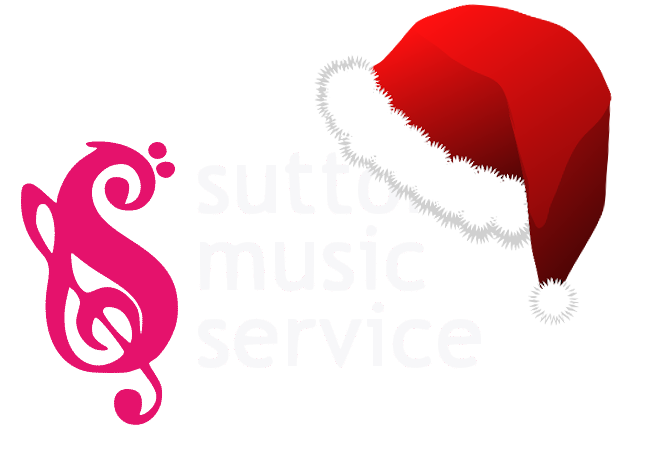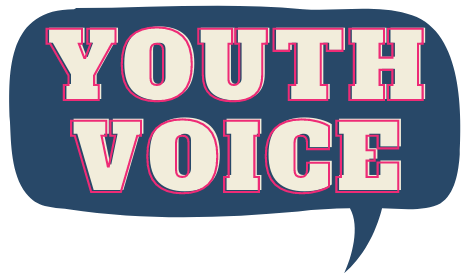
Music is more important than ever for children and young people. In a major youth voice survey commissioned by Sutton Music Service, students overwhelmingly indicated the importance of music in their lives and that it is becoming more important than ever.
In June 2021, the Sutton Music Hub surveyed 2,589 students in years 6 to 8 in primary and secondary schools across the borough. The survey aimed to understand more about the musical preferences, exposure to music education, and the key focus areas for student engagement for the Hub moving forward. 2021 was the second year of running this survey and allowed us to look at direct comparisons between the two data sets.
The Music Service works to help every young person in the London Borough of Sutton to make, be inspired by, and celebrate the music they love. We are committed to making a difference and value young people’s voices as a vital source of information and feedback to inform our future activities.

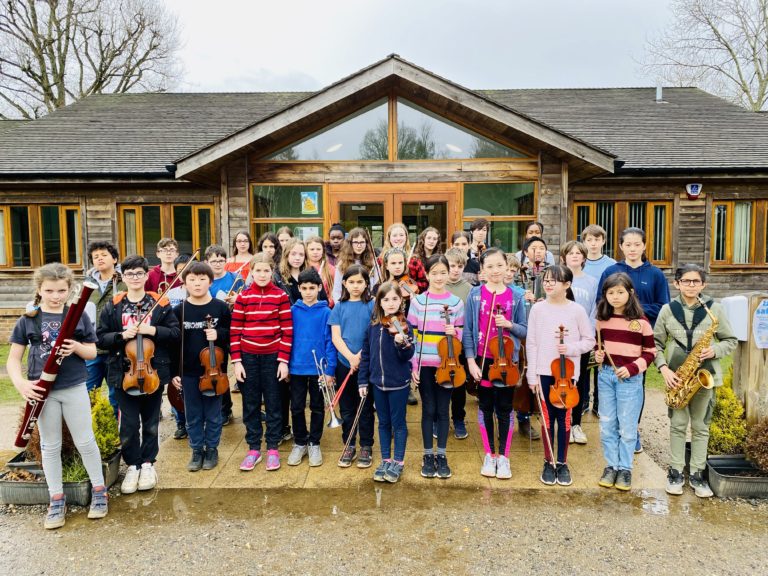
How important is music to your life?
On a scale of 1 to 10, where 1 is not important, and 10 is incredibly important, the average response was 7.5. Overall, this average represented a 4% increase from 2020, and nearly 30% of the students gave 10 as their answer. Notably, for students in years 7 and 8, the level of importance had increased from 2020, with the year 6 students indicating a decrease. The data suggests that music is always important, but the importance increases as the students become older.
For the question is music more or less important to you than this time last year?, the average was 7.6 out of ten.
What are your favourite types of music?
In the survey, the students were asked to rank different musical styles in order of preference. The top three preferred genres were pop, classical, and rap/ hip hop; this order was consistent with the data from 2020. However, the data was also analysed to identify the most overall appeal by looking at the students’ top three choices. The top three preferred genres were pop, electronic/ dance, and musical theatre, with classical dropping down to fifth when viewed in this way. Classical music was the first choice preference for a quarter of the students responding but was rarely a second or third choice. The students also indicated that they rarely get the opportunity to learn about, listen to, and play their favourite styles of music.
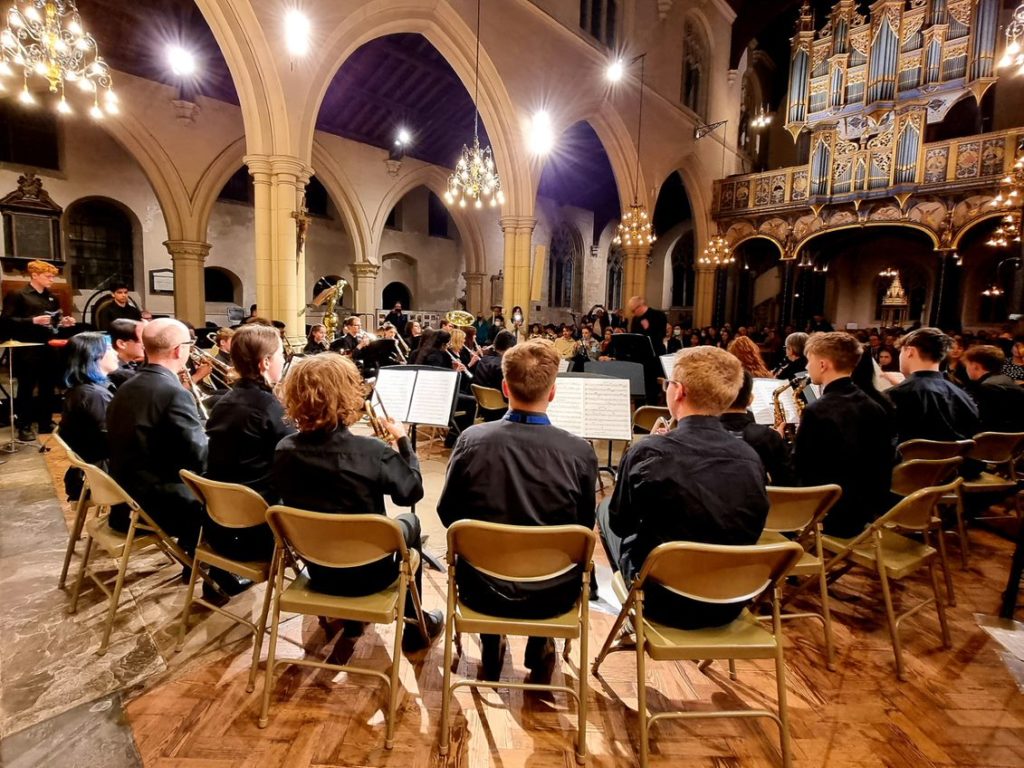
How do you engage with music?
The vast majority of young people say that they primarily listen to their favourite musical styles on computers or other devices – the Spotify and smartphone effect! Nearly 50% of the students say that they engage with and create music on computers.
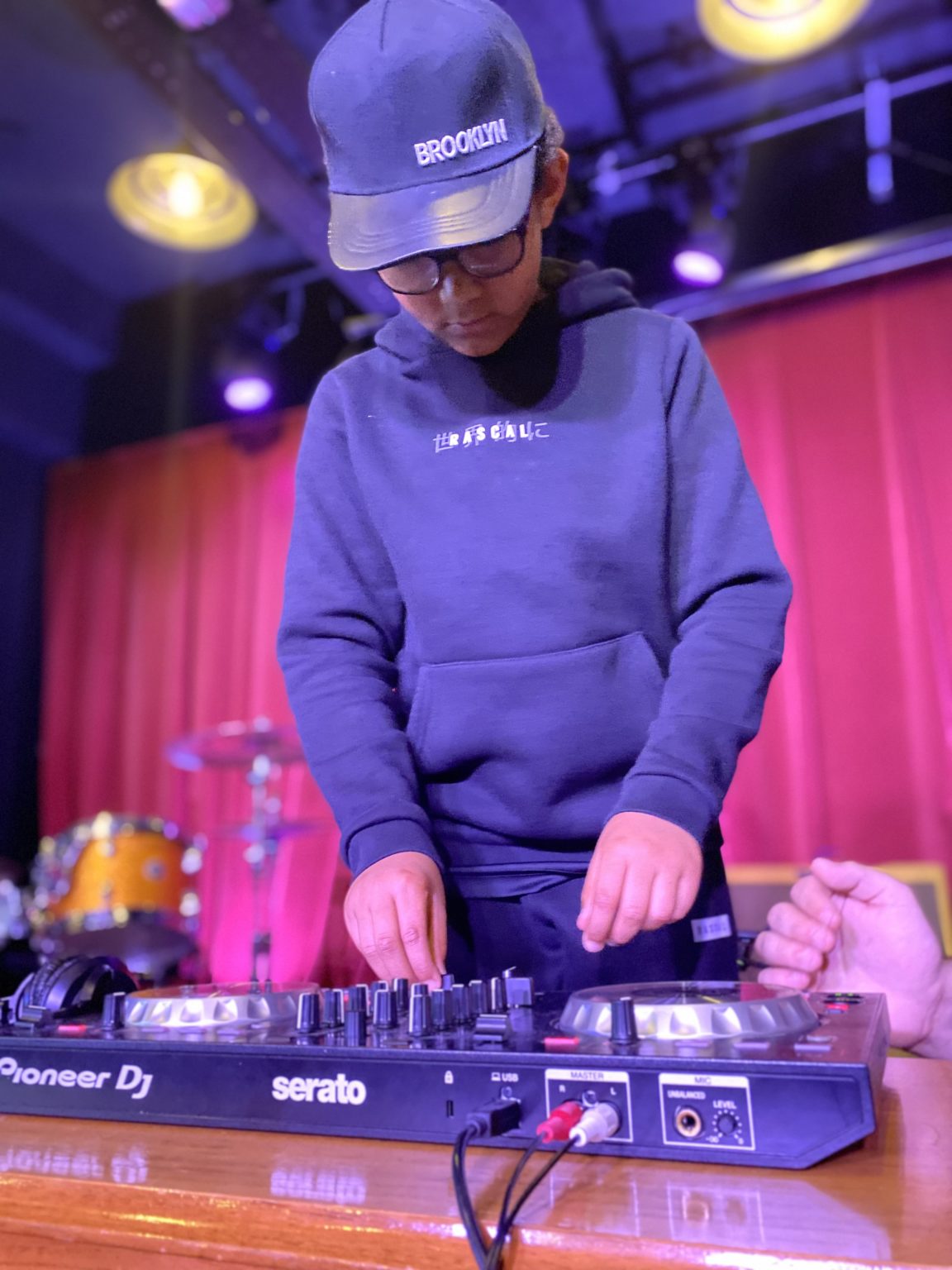
This information is essential because it is part of Sutton Music Service’s commitment to embedding the voices of young people into the heart of our organisation. It helps the Music Service plan for the future. This year, we have introduced peripatetic DJing lessons in our schools and added multiple music production pathways to our activity programme. We have supported the students’ wish to learn about contemporary music styles and the music industry through our Music Industry Masterclasses. It has helped the Music Service successfully bid to Youth Music to run a major project for children with hearing and visual impairments – find out more here.
As we move into the second part of the summer term of 2022, we will run this survey for a third year to continue building an accurate picture of how young people see their relationship with music and music education.
#MakeMusicWithUs #cognusandproud
